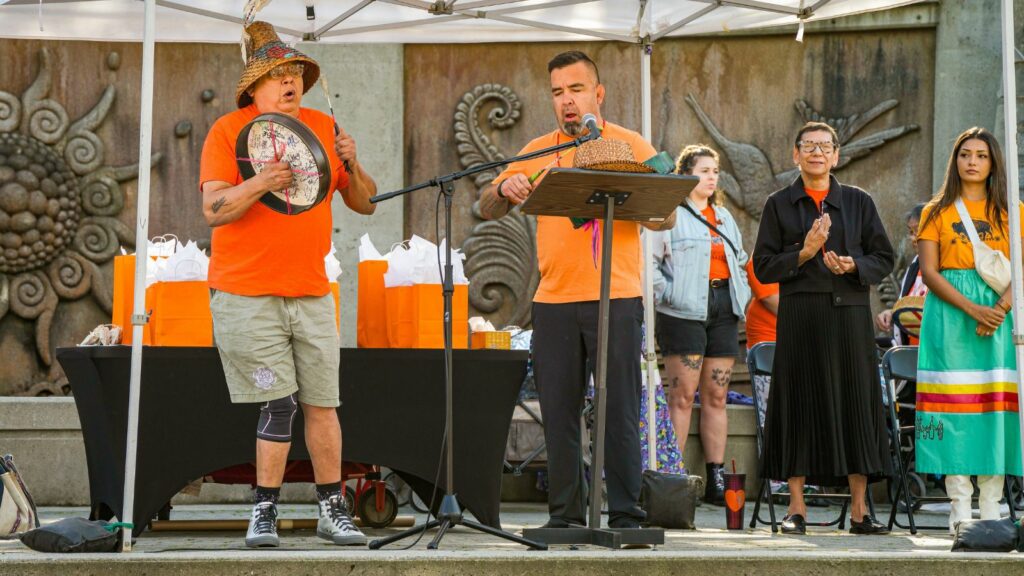From its strong institutions to its inclusive policies, cultural exports, and international diplomacy, Canada has forged a distinct path that sets it apart globally. Canadians now express pride in their unique values and social systems. Here are 21 reasons Canada’s identity is stronger than ever.
Bilingualism and Multiculturalism
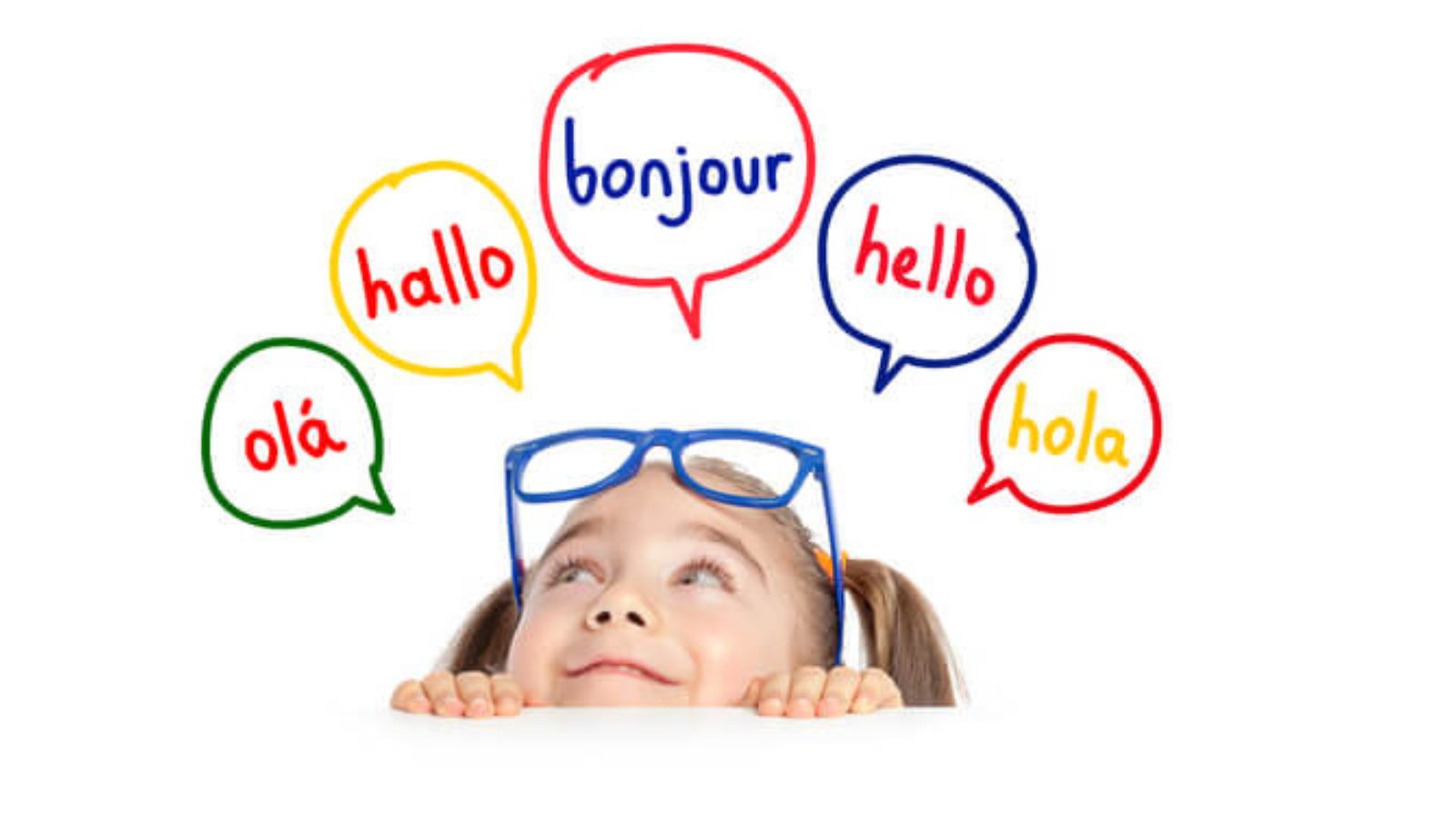
Canada’s embrace of bilingualism and multiculturalism has matured into a defining strength. French and English are both official languages, recognized in law and widely used in cultural practice. Simultaneously, multiculturalism is enshrined in Canadian policy, recognizing the cultural contributions of immigrants from all over the world. This inclusivity is not simply tolerance but a proactive celebration of diversity. It has led to vibrant communities and a national identity rooted in respect and pluralism.
Indigenous Reconciliation Efforts
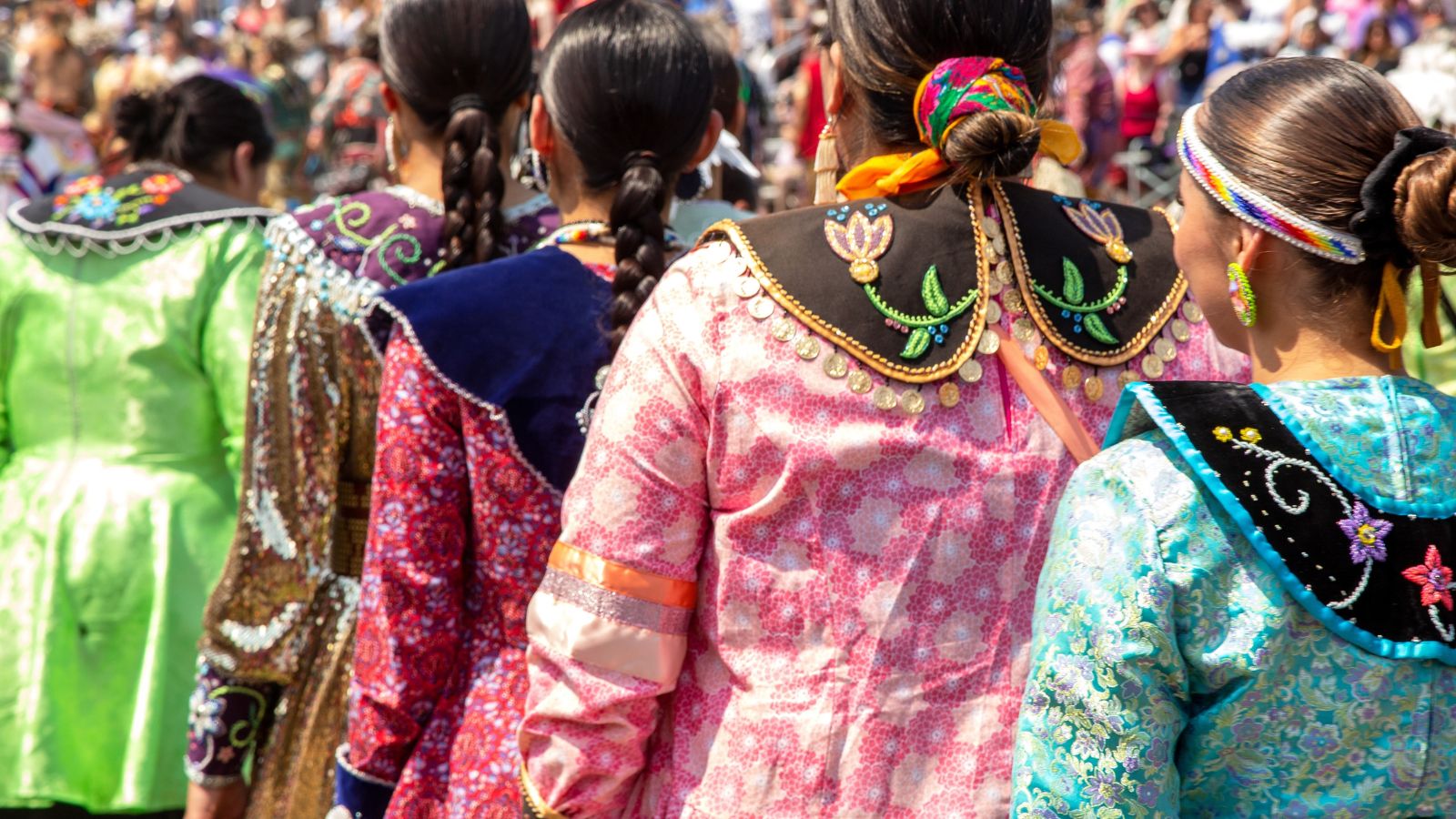
Canada’s reckoning with its colonial past, especially regarding Indigenous peoples, has become a prominent aspect of its evolving identity. Truth and Reconciliation Commissions, land acknowledgments, and legal restitution initiatives mark a national shift toward accountability. While progress is ongoing and far from perfect, the inclusion of Indigenous languages, art, and governance in the national dialogue reflects growing awareness. The country’s attempt to integrate Indigenous knowledge systems into education, law, and environmental stewardship signals a deeper commitment to reconciliation.
Universal Healthcare as a National Value

Canada’s publicly funded healthcare system is more than just a policy; it is a widely shared value and a cornerstone of Canadian identity. It represents fairness and collective responsibility. Despite challenges like wait times and underfunding in some regions, the belief that everyone deserves access to medical care remains unshaken. During the COVID-19 pandemic, the system’s role in promoting equal access and minimizing disparities was reinforced. Canadians see healthcare not as a commodity but as a right.
A Clear Stance on Immigration

Canada’s approach to immigration is structured, consistent, and welcoming. It prioritizes skilled migrants, refugees, and family reunification under a clear points-based system. Public support for immigration remains relatively high compared to other Western nations, and politicians across parties generally uphold it as an economic and moral benefit. Immigrants are integrated through language training, credential recognition, and settlement services. Additionally, cities like Toronto and Vancouver serve as global examples of successful multicultural integration.
Global Peacekeeping and Diplomacy
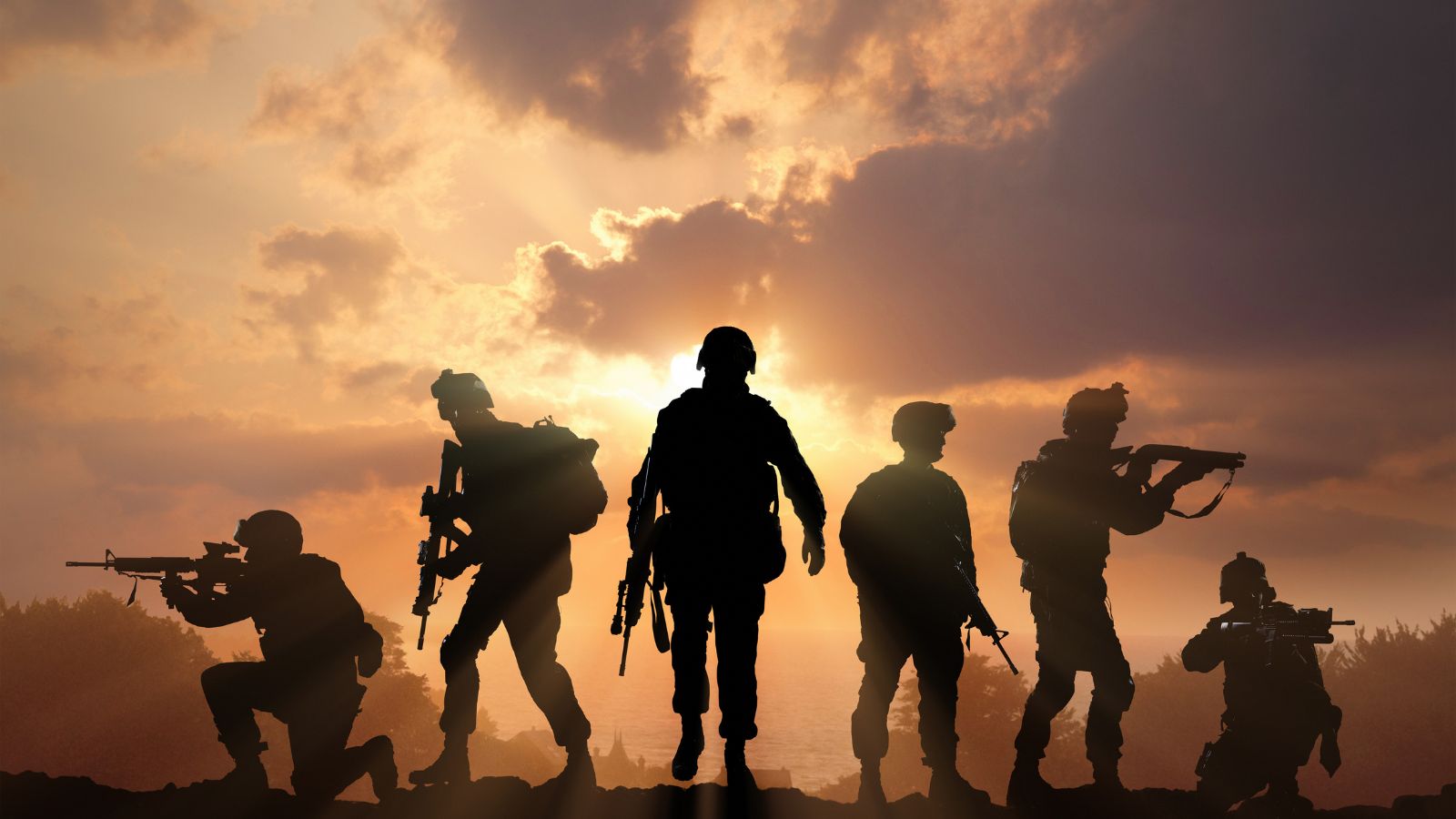
Canada’s international reputation as a peacekeeper and mediator has long been a hallmark of its identity. While the country has scaled back its military peacekeeping missions compared to previous decades, its commitment to diplomacy, conflict resolution, and humanitarian aid remains firm. Canadian diplomats often serve as bridge-builders in global negotiations. From championing climate pacts to refugee resettlement, the country’s reputation as a responsible and steady actor on the world stage remains intact.
Cultural Exports That Reflect Canadian Values

Canadian music, literature, film, and television are gaining global traction while reflecting distinct values such as inclusivity, humor, and innovation. Artists like Drake, The Weeknd, and Margaret Atwood embody this cultural presence. Also, Canadian-produced television, from “Schitt’s Creek” to indigenous-led content like “Little Bird,” showcases authentic storytelling rooted in local experiences. These exports are not just successful abroad but are proudly Canadian in content and production.
A Resilient Democratic System

Canada’s political institutions have proven stable and responsive, even amid global democratic backsliding. Elections are transparent and relatively free of controversy. Power transitions occur smoothly, and civic engagement remains high. The Charter of Rights and Freedoms ensures individual protections while parliamentary debate continues to function, albeit with political tension. Additionally, the presence of robust institutions, including an independent judiciary and a free press, instills confidence in the Canadian system.
Regional Diversity Managed Peacefully

Canada comprises ten provinces and three territories, each with its own unique identity. From Quebec’s francophone nationalism to Alberta’s resource-driven economy, the federation balances significant regional differences without widespread conflict. Federalism allows each region autonomy while reinforcing national unity through programs like equalization payments. Despite tensions over resource management or cultural distinctiveness, these disagreements are handled within institutional frameworks.
Strong Environmental Ethics

Canadians consistently rank environmental protection as a top priority. Whether it’s conservation of national parks, reduction of emissions, or support for clean energy, environmentalism has become embedded in national discourse. Indigenous leadership in environmental stewardship is increasingly recognized, and youth-led movements are shaping policy directions. Government commitments to net-zero emissions and carbon pricing also reflect a broader national consensus.
Innovation in Public Policy

Canada has been quietly leading in progressive public policy areas, including the legalization of cannabis, universal childcare in Quebec, and Medical Assistance in Dying (MAID). These policies are framed by rigorous public debate, ethical consideration, and broad consultation. Rather than following trends, Canada often pioneers socially responsible innovations. The national identity is increasingly shaped by its willingness to explore thoughtful, evidence-based approaches to complex societal issues.
Educational Excellence and Global Recognition

The education system in Canada ranks among the world’s best, with strong literacy, numeracy, and graduation outcomes across provinces. Public schools perform well, and universities such as the University of Toronto, McGill, and UBC are internationally recognized. The system is accessible, relatively affordable, and culturally inclusive. Educational content increasingly includes Indigenous perspectives and global citizenship education.
Press Freedom and Independent Media

Canada ranks highly on global press freedom indices. Its media landscape includes a mix of public broadcasters, such as CBC/Radio-Canada, and robust independent outlets. Journalists operate largely without government interference, and defamation laws strike a balance between free speech and personal rights. Investigative journalism plays a key role in public accountability. And, while challenges such as media consolidation and misinformation exist, Canadians continue to value accurate and fair reporting.
An Inclusive LGBTQ+ Rights Framework
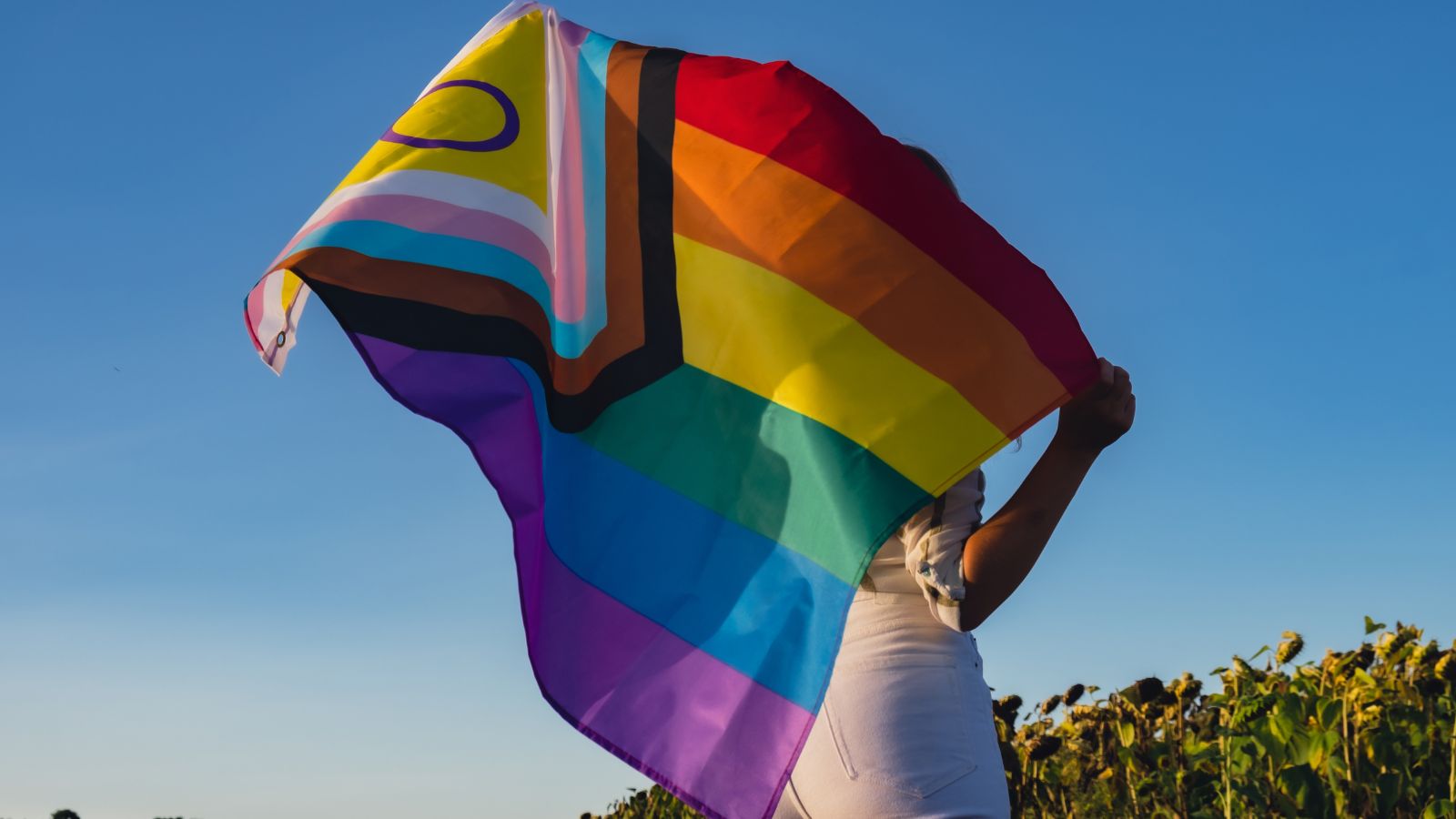
Canada has been a global leader in LGBTQ+ rights for decades, legalizing same-sex marriage in 2005 and implementing comprehensive anti-discrimination protections. Government agencies, workplaces, and educational institutions widely support inclusion policies. Pride events are mainstream and enjoy broad public support. Transgender healthcare and rights are increasingly recognized, though work remains. The normalization of LGBTQ+ inclusion reflects a society that values human rights as foundational, not optional.
Civic Engagement and Volunteering Culture

Canadians are highly engaged in their communities, with strong rates of volunteering and civic participation. Whether through local nonprofits, political activism, or mutual aid networks, people contribute time and resources to improve collective wellbeing. This participatory ethos has become a quiet but significant part of Canadian identity. Community-driven action during emergencies, such as floods or wildfires, exemplifies this commitment. Such widespread civic responsibility fosters a sense of ownership over national challenges and progress, making identity something that citizens actively help create.
Food Identity Beyond Poutine

Canada’s culinary identity has diversified and matured. From Québécois fare to Indigenous dishes and immigrant-led food movements, Canadian cuisine reflects a blend of regional ingredients and global influences. Restaurants in major cities showcase a diverse range of cuisines, from Iranian-Canadian fusion to Inuit delicacies. Culinary institutions and food festivals increasingly spotlight local producers and sustainable practices. The evolution of food culture goes beyond stereotypes to reflect Canada’s lived diversity and innovation. Food has become a medium through which Canadians express their place, heritage, and shared experiences, adding dimension to their national identity.
Gender Equity in Policy and Practice

Gender equality is increasingly embedded in Canada’s laws and institutions. Parental leave policies, equal pay legislation, and representation targets in government and business are examples of proactive efforts to address these issues. The federal cabinet’s gender balance and public funding for women’s programs reinforce this trend. And, while gaps remain, particularly for racialized and Indigenous women, gender equity is widely seen as a public good.
Strengthening of National Holidays and Commemorations
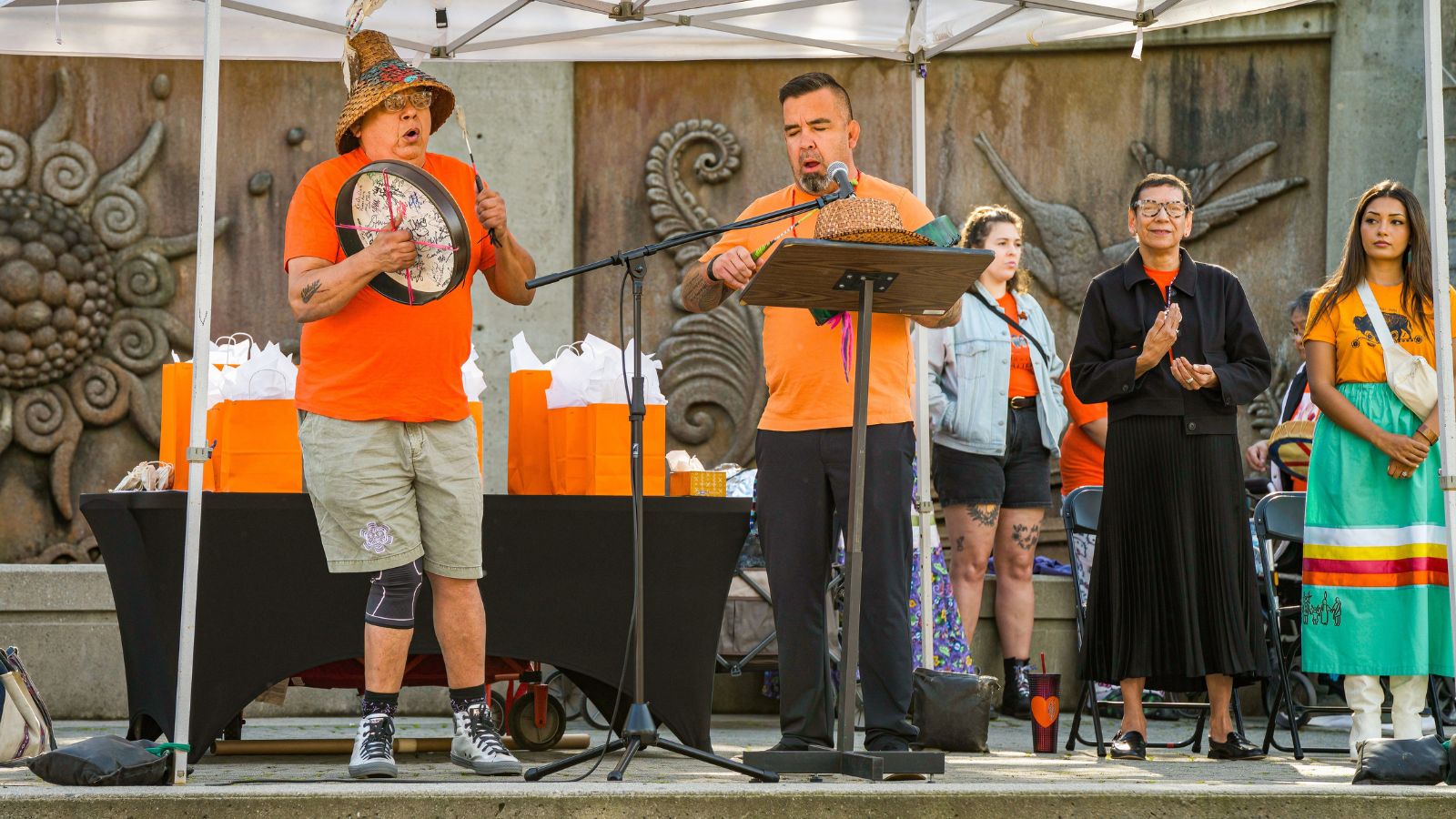
Canadian holidays have grown more reflective and inclusive. Days like National Indigenous Peoples Day, Truth and Reconciliation Day, and Emancipation Day now hold national significance. Canada Day celebrations are increasingly incorporating multiple narratives, allowing for both celebration and critical reflection. This shift indicates a mature relationship with history and identity. Commemorations now serve as platforms for dialogue and education, not just tradition.
Art and Architecture with Canadian Significance

Canadian identity is being reinforced through intentional design in public spaces and national galleries. Architecture reflects its environmental context and acknowledges Indigenous land. Public art is increasingly featuring underrepresented voices and telling local stories. Institutions such as the National Gallery of Canada and regional museums prioritize the work of Canadian artists. Urban renewal projects incorporate both modern and traditional aesthetics.
Confidence in Distinctiveness from the U.S.
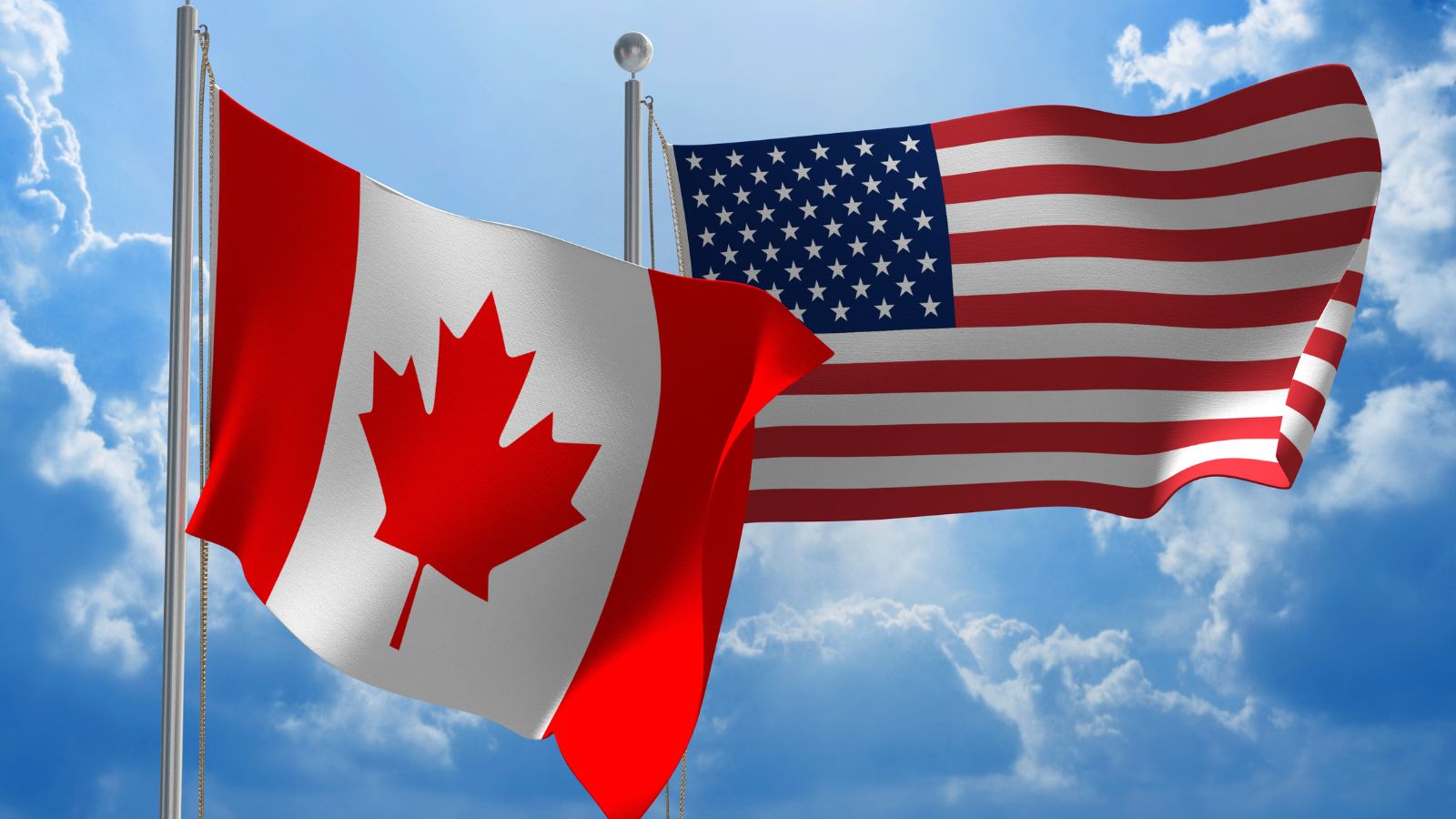
Canadians today express growing confidence in their difference from the United States. While American media and culture remain influential, Canadians emphasize their social policies, political moderation, and public institutions. The distinction is not rooted in superiority but in thoughtful divergence. Whether it’s gun control, healthcare, or the approach to immigration, Canadians increasingly see their path as intentional.
Successful Integration of Refugees

Canada’s refugee resettlement programs, particularly for Syrians and Afghans, have drawn international praise. A blend of government assistance and private sponsorship allows for smoother integration. Refugees receive language training, housing, and employment support, and many go on to become active contributors to society. Community welcome efforts are widely visible, and media coverage is often favorable. This success underscores national values of compassion, humanitarianism, and inclusiveness.
International Students as Nation Builders

Canada’s approach to international education is increasingly linked to national development. Universities and colleges attract hundreds of thousands of students annually, many of whom transition to permanent residency in the United States. This creates a pipeline of skilled, educated newcomers invested in Canadian society. International students make significant contributions to the economy, culture, and innovation landscape. Policies now also recognize their role in nation-building, not just tuition-paying.
21 Products Canadians Should Stockpile Before Tariffs Hit

If trade tensions escalate between Canada and the U.S., everyday essentials can suddenly disappear or skyrocket in price. Products like pantry basics and tech must-haves that depend on are deeply tied to cross-border supply chains and are likely to face various kinds of disruptions
21 Products Canadians Should Stockpile Before Tariffs Hit
